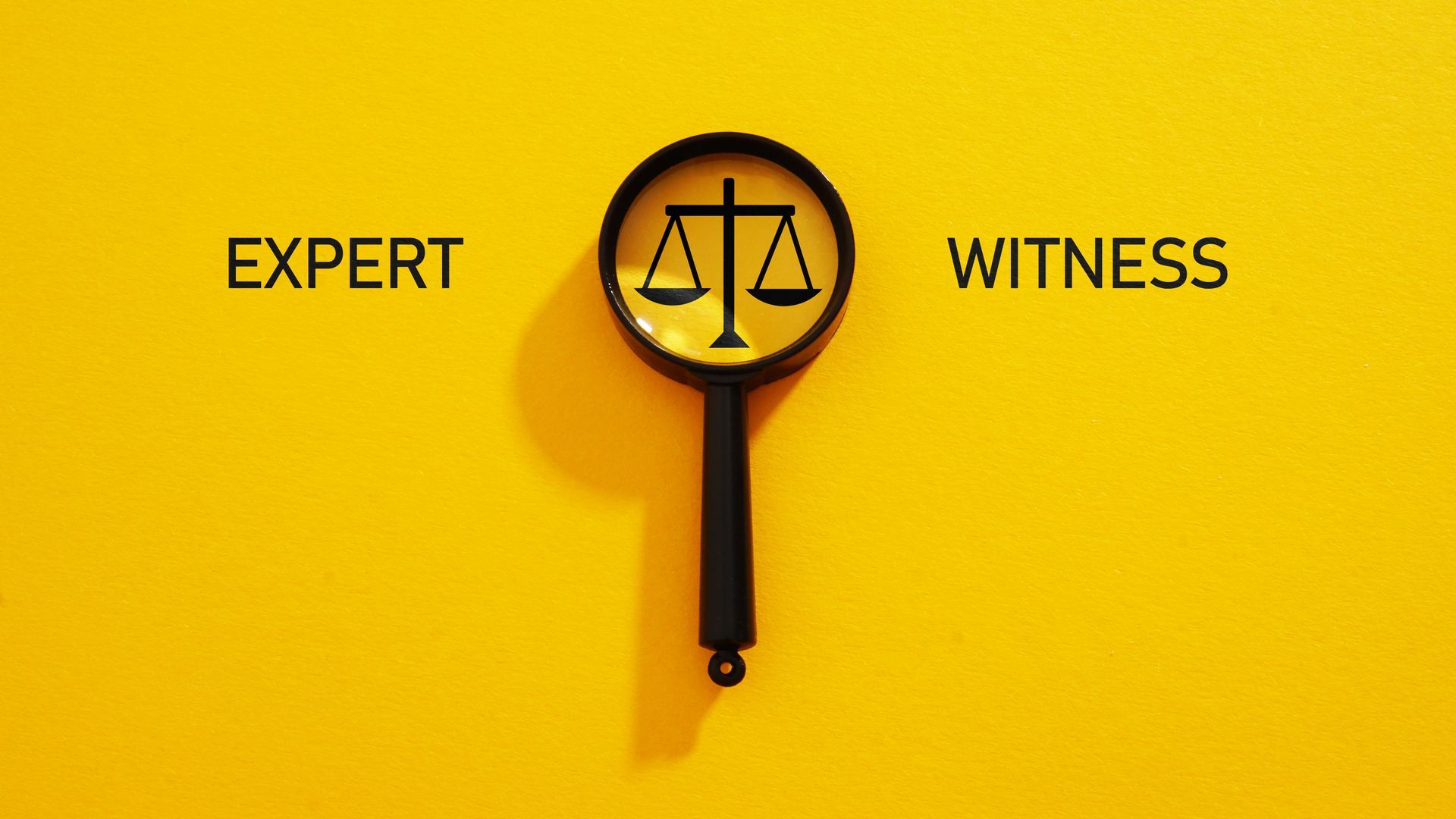Caught With a Prescription That’s Not Yours? Here’s What You Need to Know

In Arizona, getting caught with someone else’s prescription medication is a serious offense. Even if you weren’t planning to sell the pills, or even take them, just having them in your car, pocket, or bag can lead to criminal charges. Here’s what you need to know if you were stopped with prescription drugs that weren’t prescribed to you.
Is It Illegal to Have Someone Else’s Prescription?
Yes. Under ARS 13-3406, it's illegal to possess prescription-only drugs without a valid prescription written in your name. That includes everything from antibiotics to anti-anxiety medications. If the drug is classified as a narcotic or dangerous drug, you may be charged under ARS 13-3407 or 13-3408 instead, which carry even harsher penalties.
It doesn’t matter whether you intended to take the pills, sell them, or just hang onto them for someone else. If they’re not prescribed to you, possession alone can lead to criminal charges.
What Happens if You’re Caught With Pills That Aren’t Yours?
Possessing someone else’s prescription can lead to a Class 1 misdemeanor if the drug is not classified as dangerous or narcotic. But if the medication is a controlled substance, such as opioids, benzodiazepines, or stimulants, you could face felony charges.
Will Claiming You Have a Prescription Prevent an Arrest?
Many people do not carry around someone else’s prescription pill bottle filled with Xanax, oxycodone, or Adderall. They’ll either scrape off the label or put the pills in another container. Unfortunately, claiming that a controlled substance in an unlabeled bottle is prescribed to you usually won’t get you out of an arrest.
Police aren’t required to take your word for it. If you can’t provide a valid, clearly labeled prescription with your name on it, officers will likely assume the medication was obtained illegally.
Potential Charges and Penalties
- Possession of a prescription-only drug (non-controlled) is a Class 1 misdemeanor.
- Possession of a dangerous or narcotic drug without a prescription is usually charged as a Class 4 felony, but first-time offenders may be able to negotiate a less serious Class 6 felony through plea negotiations or diversion.
- If prosecutors believe you had the drugs for sale or distribution, penalties can escalate quickly, including mandatory prison time.
In addition to jail or prison time, a conviction can lead to a felony record, loss of civil rights, difficulty finding work, and long-term consequences for your future.
How These Cases Usually Come Up
Most people who face charges for possessing narcotic pharmaceuticals aren’t caught in sting operations. The most common scenario is being searched for something else when the pills are found. Examples include:
- A traffic stop where drugs are found in a glovebox, center console, or bag
- A DUI arrest where pills are discovered during a search
- Getting caught with someone else’s bottle during a probation check
- Loose pills found during booking on an unrelated offense
During a routine traffic stop, police generally can’t search your vehicle without your consent, a warrant, or probable cause to believe a crime has occurred. If an officer conducts a search without proper legal justification, or fabricates a reason to justify it, your attorney may be able to challenge the search. If the court finds the search was unlawful, any evidence collected (including the pills) could be suppressed, which may result in your charges being reduced or dismissed.
How Are Charges Determined in Prescription Medication Cases?
Pharmaceuticals are a little more complicated than other drugs due to the variety of types, strengths, and recreational uses. Some factors prosecutors will consider when deciding on the severity of charges include:
- What kind of drug it was (narcotic, stimulant, sedative, etc.)
- How the drugs were stored—prescription bottle, baggie, pill organizer, or loose
- How many pills were found and whether the quantity supports personal use or
potential distribution
- Your criminal record, especially any history of drug offenses
These details can affect both how the case is charged and what kind of plea deals, if any, are offered.
Can You Still Be Charged If You Weren’t Using or Selling?
Yes. In Arizona, you don’t have to be caught using or selling prescription medication to be charged. If the drugs are in your possession, whether in your car, purse, or pocket, and you don’t have a prescription, you can face criminal charges.
Even if someone else left the pills in your vehicle or handed you a bottle to hold, that doesn’t automatically protect you. Prosecutors can use the concept of constructive possession to argue that you had control over the drugs and knew they were there.
Are There Any Defenses?
Depending on the facts, a criminal defense lawyer may be able to challenge the charges. Possible defenses include:
- Illegal search or seizure: If the stop or search that led to the discovery was unconstitutional, evidence could be thrown out.
- Lack of knowledge: If you genuinely didn’t know the pills were there (e.g., left in your car by someone else), your lawyer may be able to challenge the possession charge.
- Prescription error or confusion: While rare, sometimes medications are mispackaged or the wrong label is applied.
- Diversion programs: If it’s your first offense and the quantity was small, you may be eligible for a diversion or deferred prosecution program that avoids a conviction.
Why Legal Help Is Critical if You’ve Been Arrested With Prescription Drugs in Phoenix
Prescription drug charges, even for small quantities, can derail your future. The sooner you speak with a Phoenix drug crime attorney, the better your chances of avoiding the worst-case scenario.
A skilled criminal defense lawyer can review whether your rights were violated during an improper search, examine the strength of the evidence, and may be able to negotiate for reduced charges or an alternative resolution.
Call Arizona Board Certified Criminal Defense Attorney Michael Alarid III at (602) 818-3110 for a free case evaluation.




